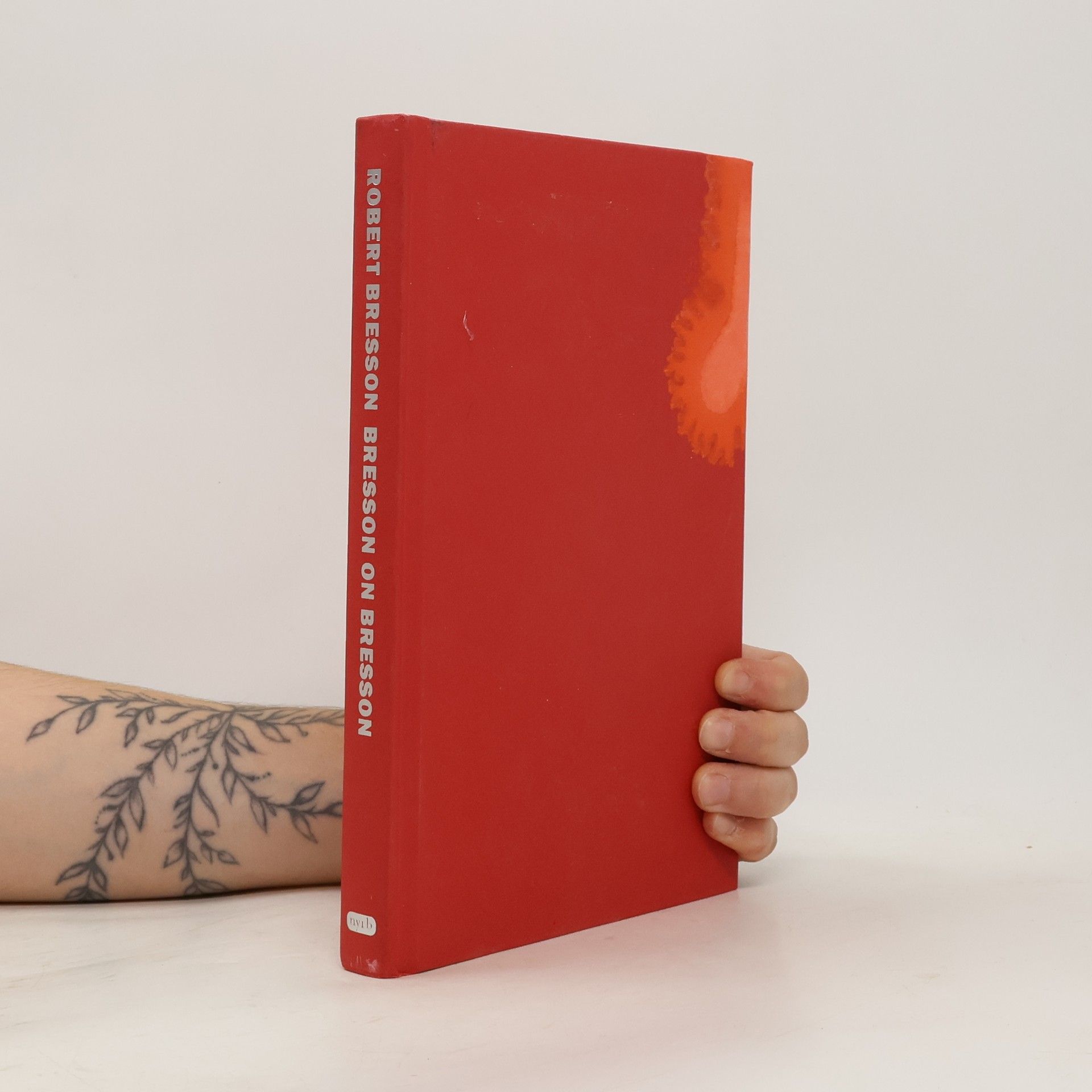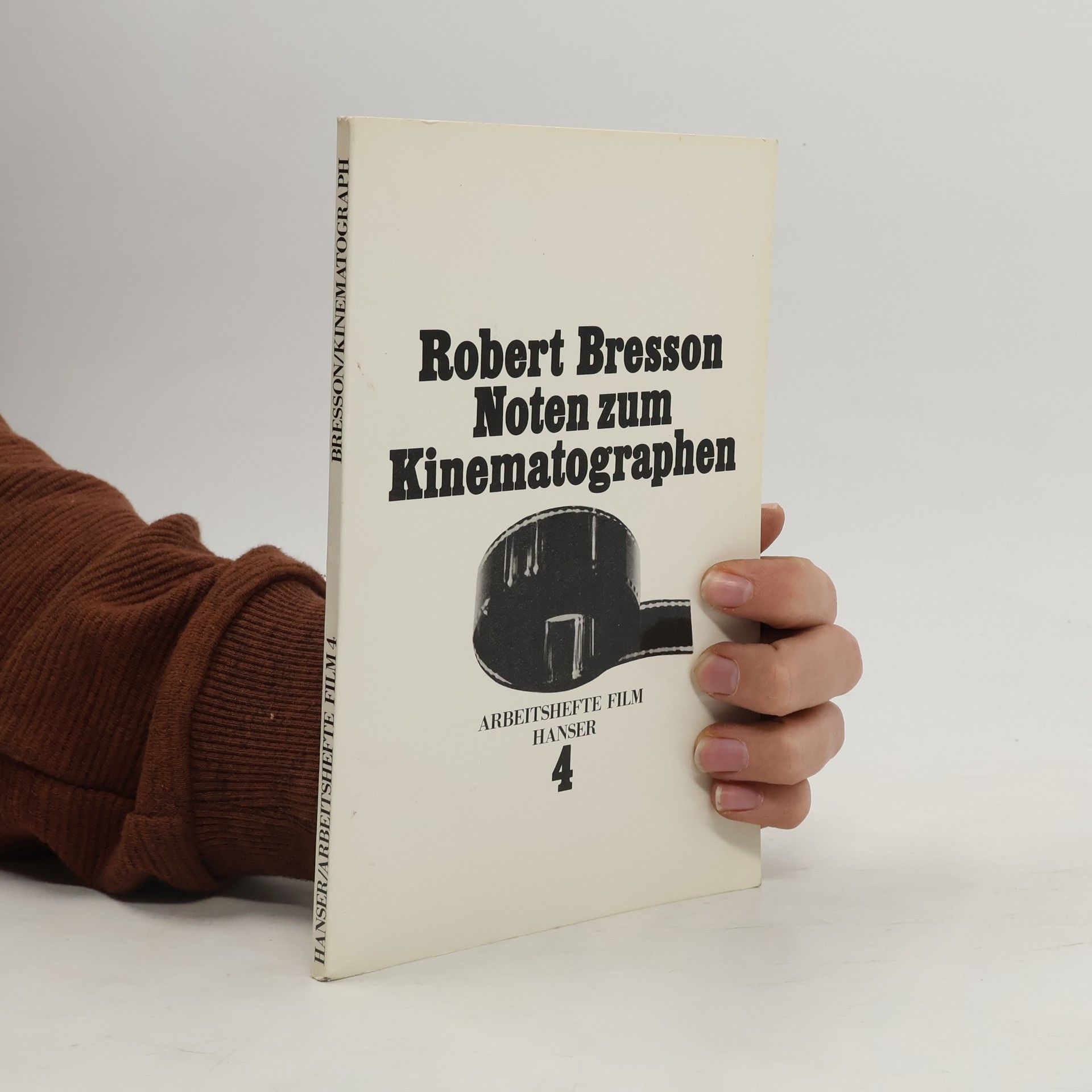Notizen zum Kinematographen
- 124 Seiten
- 5 Lesestunden
Aphorismen des französischen Filmemachers Robert Bresson zur Kunst des Films. Bressons 1975 in Frankreich erstmals erschienene Notes sur le cinématographe sind über 25 Jahre hinweg gesammelte Arbeitsnotizen, Ideen und Reflexionen zu Regie und Schauspielführung. Diese Aufzeichnungen offenbaren Bressons Haltung zum Film, seine Ästhetik und sein Verständnis des Films als eine Schrift der Bilder und Töne. In ihrer Summe ergeben diese in aphoristischer Kürze und lakonischer Präzision formulierten Gedanken das leidenschaftliche Plädoyer eines großen Filmemachers. Bearbeitete Neuausgabe der deutschen Erstausgabe von 1980.



